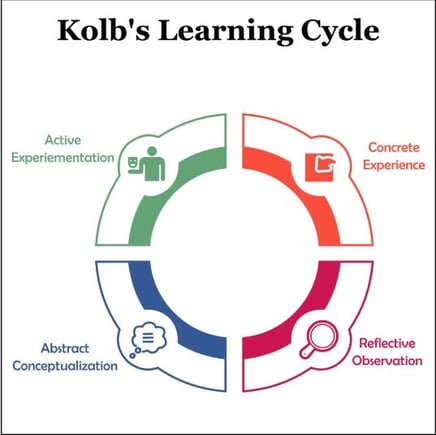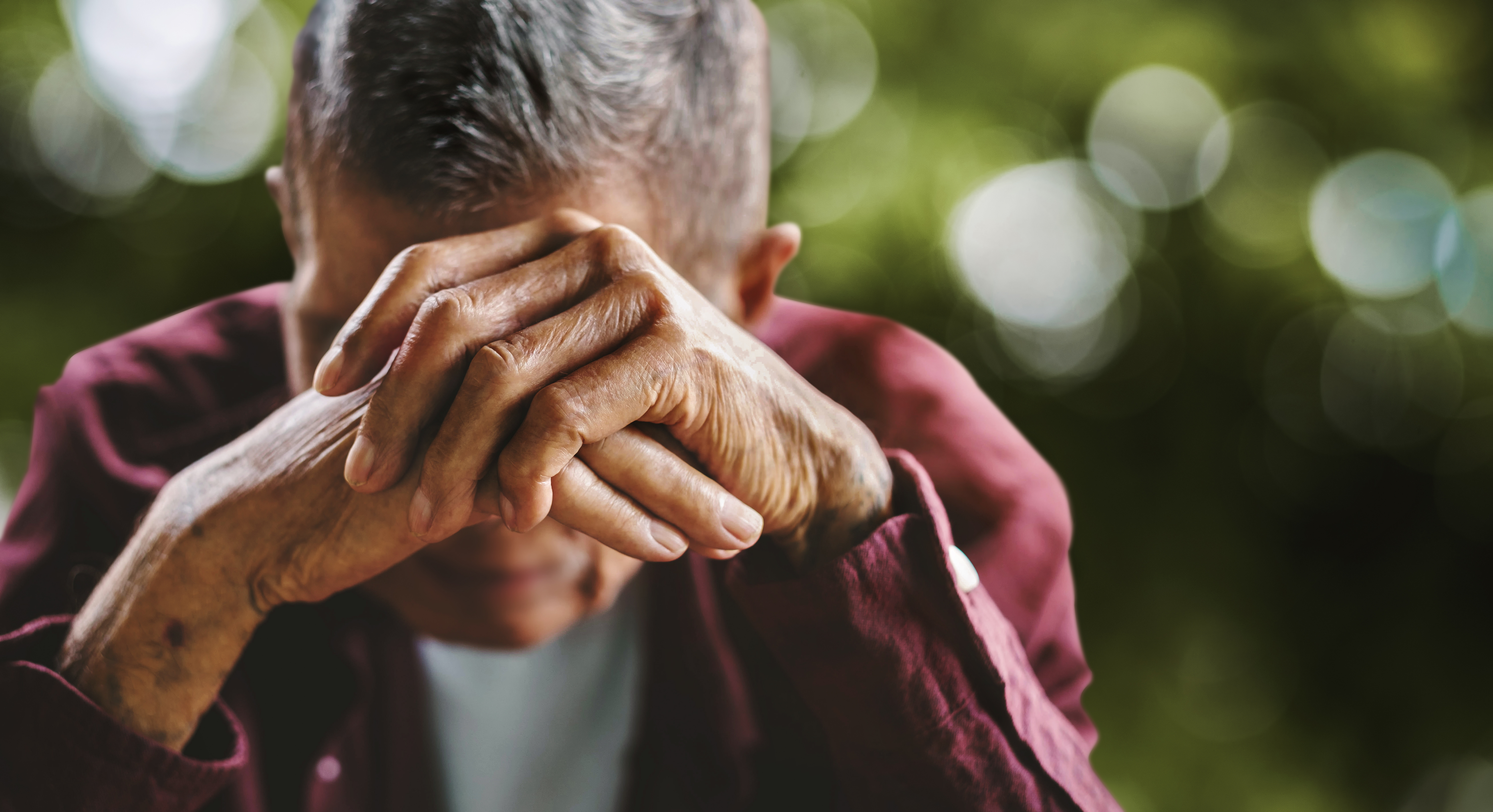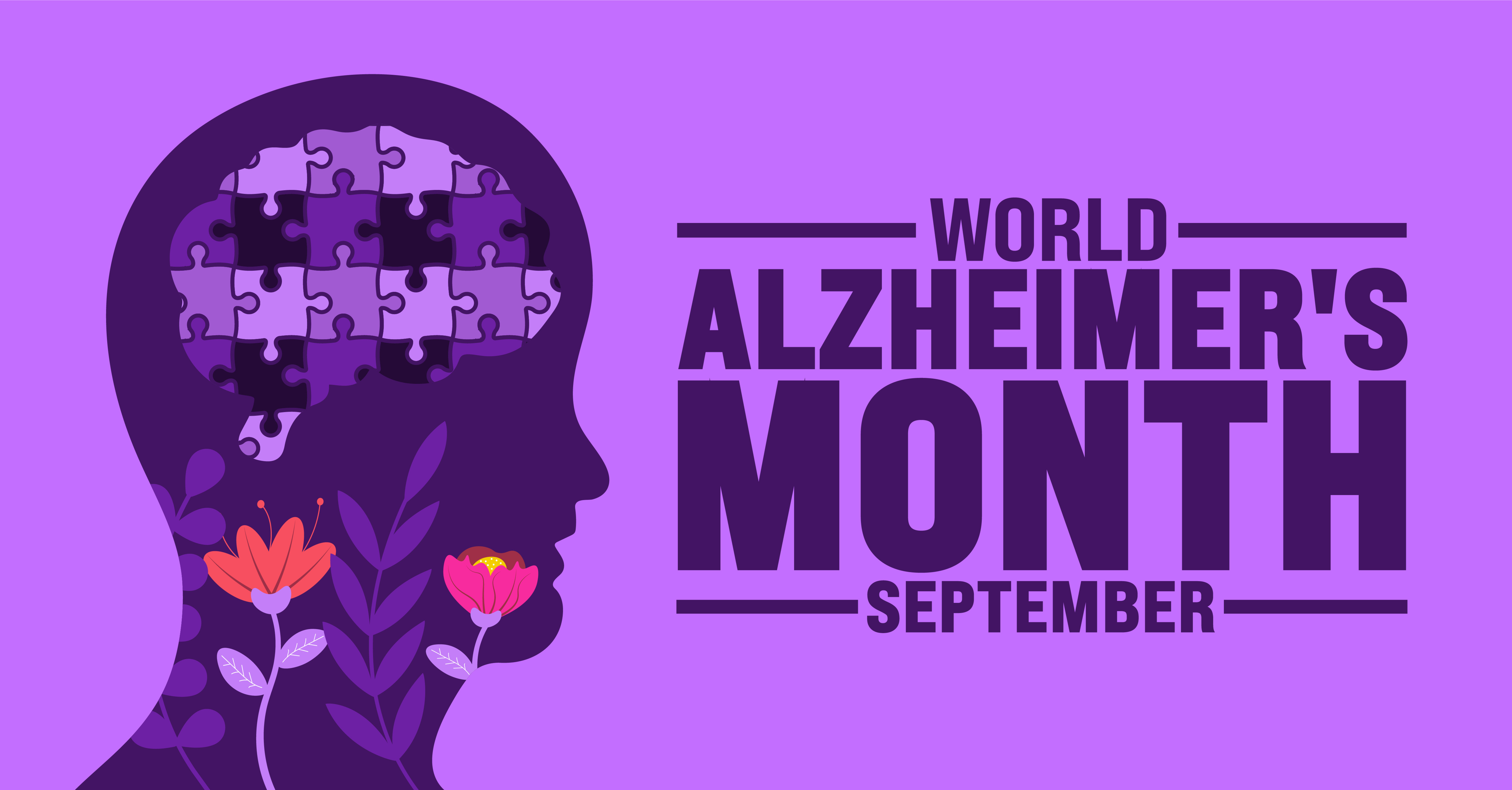Community Health Workers: Revolutionizing Dementia Care Community Outreach
.jpeg)
.jpeg?width=8192&height=5464&name=AdobeStock_487979097%20(1).jpeg)
Historically, living with Alzheimer's Disease or a related condition has been viewed as a medical issue, with mostly crisis-focused care offered primarily through physician offices and hospitals. Fortunately, a shift in awareness and approach toward crisis prevention and holistic care has captured federal attention.
The Centers for Disease Control recognizes Alzheimer's Disease and related dementias as a public health crisis, and this will propel living with dementia out of silence, and into the forefront.
The CDC BOLD initiative (Building Our Largest Dementia Infrastructure for Alzheimer's Act) is in full swing, with 43 funding recipients who will implement strategies contained in CDC's Healthy Brain Initiative State and Local Road Map for Public Health.
Public Health
Public Health professionals specialize in the science of protecting and improving the health of people and their communities. The profession was thrown more fully into the public view during the COVID-19 pandemic, but crisis response is just one aspect of the work. According to the World Health Association (WHO), the goal of public health is to prevent disease, promote health, and prolong life among the population as a whole. Public Health Initiatives are aimed at fostering conditions in which people can be healthy within specific populations.
Unpaid Caregivers
The majority of people providing long-term care for older adults are unpaid caregivers, living in their own homes and also trying to work, raise a family, attend school, etc. in addition to coordinating care for a loved one. The Alzheimer's Association reports that in 2022, 11.5 million family and other unpaid caregivers of people living with Alzheimer's and other dementias provided an estimated 18 billion hours of unpaid help. The economic value of this care was $339.5 billion dollars.
These are astonishing numbers but now factor in the reality that many of these caregivers function with very little professional support or training, and it makes the situation impossible, and unsustainable.

An Emerging Model of Community Support
The role of a Community Health Worker (CHW)role is emerging as a critical component of reaching into the community with services and support for persons living with dementia and their caregivers.
A Community Health Worker is a frontline public health worker who serves as a liaison between health and social services and the community. The Public Health Center of Excellence on Dementia Caregiving at the University of Minnesota presented a BOLD initiative webinar that highlighted the important role of the Community Health Worker. Kerstin Reinschmidt, Assistant Professor at the Department of Health Promotion Sciences at the University of Oklahoma discussed their initiatives utilizing CHWs.
- Care Coordination, Case Management, and System Navigation
- Providing Coaching and Social Support
- Providing Health Education and Information
Education- Book and Experiential
Community Health Workers need to be equipped with a vast amount of education including, but not limited to:
- The epidemiology of dementia, signs, symptoms
- Early intervention and management
- Cultural sensitivity
- Coaching and Advocacy
- Capacity building (individual and community)
This list is not exhaustive, but it does provide a glimpse into the knowledge base that is expected of a CHW- it is arguably a heavy lift for any learner.
The quality of the education and training of Community Health Workers will influence their capacity to perform excellent work in the field. While reviewing the complete list of competencies, it occurred to me that empathy development was not mentioned. In other words, helping CHWs to truly feel and understand what it is like to live with cognitive and sensory loss would be a valuable addition to any educational experience.
Book learning coupled with experiential learning significantly increases learner retention and equips CHWs to truly advocate, educate, coach, and equip caregivers with support to foster conditions in which people can be emotionally and physically healthy.

If you are training Community Health Workers, ensure that the education and training provided to them will be impactful and transformational, so they carry what is learned into the field.
AGE-u-cate Training Institute programs can be the icing on the cake of your training programs. Check out for yourself.
"Dementia Live has been a game changer for our training protocols. All of the content in the world can't compare to the impact this experience has on a person's understanding of and response to persons living with ADRD. Family members have commented on how much it helps them to understand."
Kathryn Kelli Hawver, Teresian House




